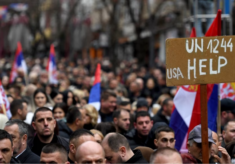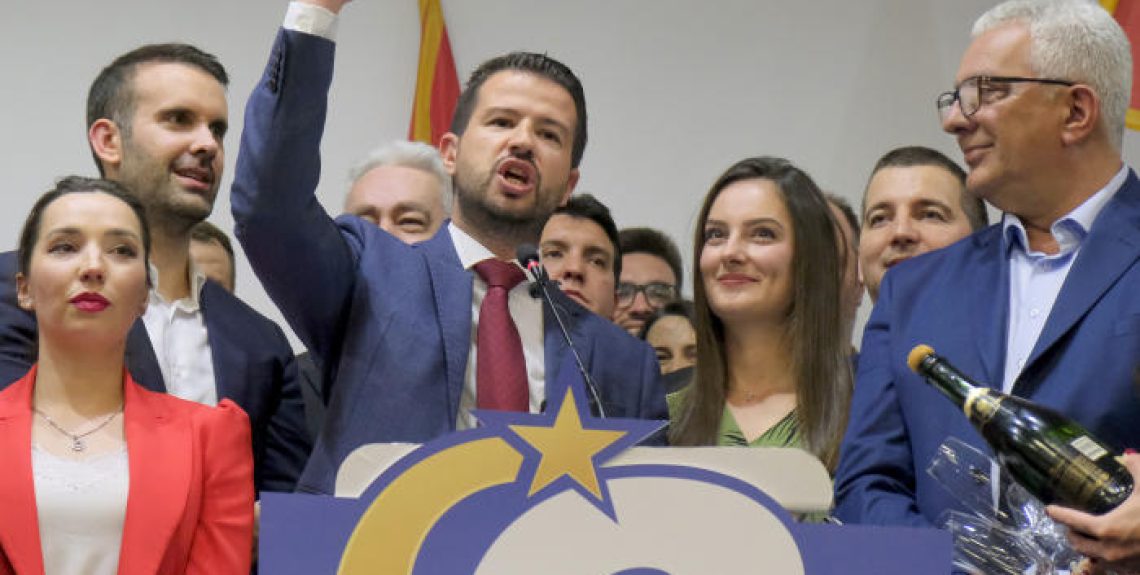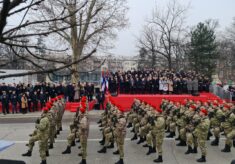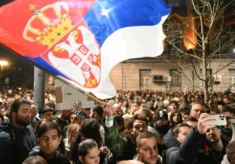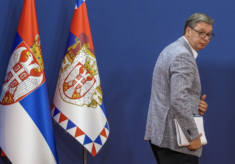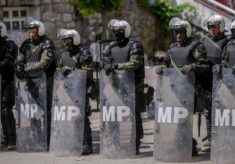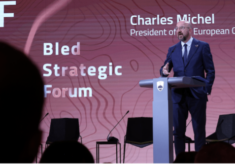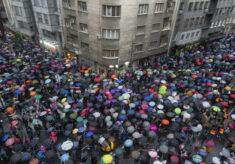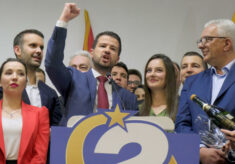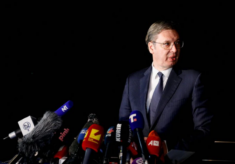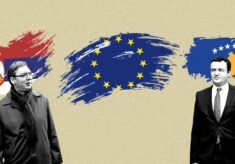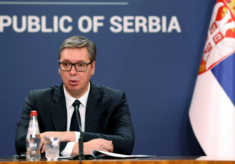Montenegro’s President, Milo Djukanovic has been defeated in the April presidential election run-off in the NATO-member country. He had been in power for 32 years since being first appointed Prime Minister in February 1991, making him the longest-serving leader in Europe. Djukanovic lost by a large margin to Jakov Milatovic, a 36-year-old political newcomer and candidate for the Europe Now party. In the second round, Milatovic won with around 60% of the votes.
Milatovic, an economist and pro-European politician who was a former Minister of Economic Development, pledged to tackle corruption, improve living standards, and enhance ties with the European Union and neighbouring Serbia. He received support from parties close to Serbia, Russia, and the Orthodox Church, including the ruling pro-Serbian Democratic Front candidate Andrija Mandic and outgoing Prime Minister Dritan Abazovic.
Djukanovic and his DPS party had dominated Montenegro for almost three decades but began to lose their grip on power in the August 2020 parliamentary elections to a coalition of three former opposition blocs. The political fall of the DPS continued in the local elections last October when they lost control of 10 out of 14 municipalities. Snap parliamentary elections are now scheduled to take place in the summer, and the DPS might suffer another defeat. Following his defeat, Djukanovic resigned also as the leader of the DPS ahead of the party congress.
Djukanovic’s rise to power began through the so-called anti-bureaucratic revolution in Yugoslavia. He became the Prime Minister of Montenegro for the first time in 1991, shortly before four of the Yugoslav republics declared their independence. During his three-decade rule, Djukanovic transformed himself from a devoted socialist and one of the closest allies of former Yugoslav President Slobodan Milosevic into the man who led Montenegro towards independence, closer to the EU and into NATO. He cemented his power through the DPS’s control over state institutions, ensuring that the party remained in power. Critics accused him for autocratic ruling, corruption, and links to organized crime – allegations that he always strongly denied.
Milatovic, seen by his critics in the region as a pro-Serbian politician, promised to lead his small Balkan nation into the European Union within the next five years, fight corruption and push for reforms that will foster rule of law and economic development to bring prosperity to the country, stop emigration and brain drain. After finishing his economics studies at the University of Podgorica, Milatovic spent one year as a scholar at Illinois State University in the United States and then studied in Vienna and Rome. He went on to earn a Master’s degree in Economics at Oxford. He worked also at Deutsche Bank before joining the European Bank for Reconstruction and Development (EBRD). He has consistently argued for closer relations with Serbia, but he immediately stated after being elected that Srebrenica was a genocide and that Kosovo is an independent country, provoking rage among Serbian nationalists in the region.
Although the presidency in Montenegro is mostly ceremonial, Milatovic, a newcomer with an ambitious program has the potential to usher in a new era in the country’s political history and in the Balkans more broadly.
